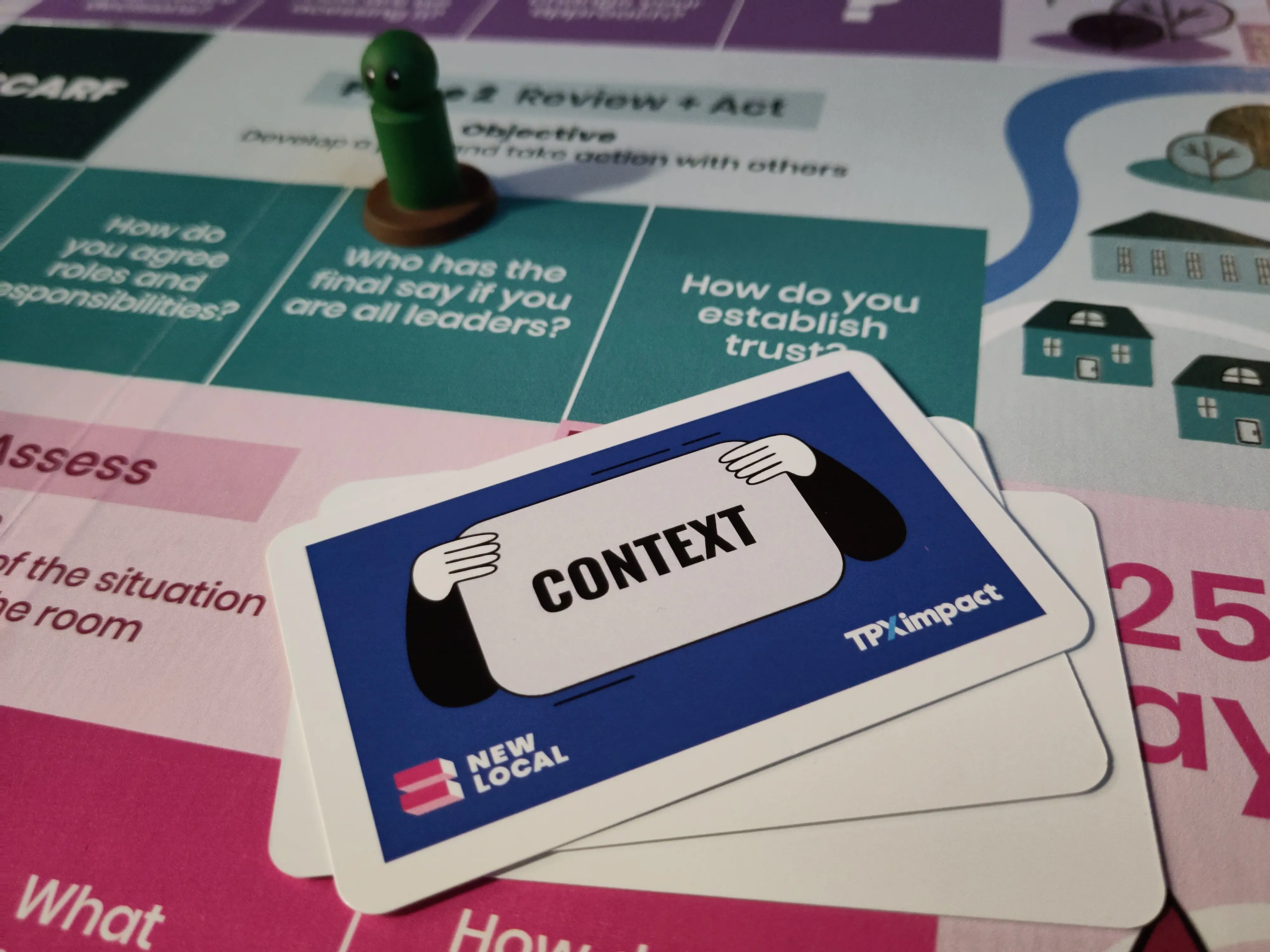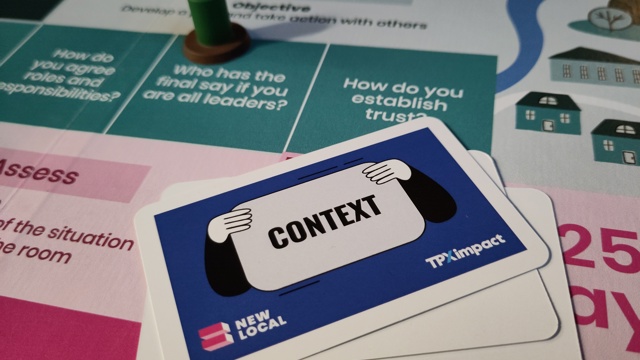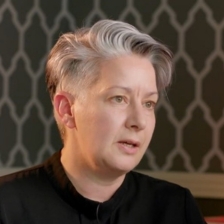After almost a decade of austerity, a change of elected leadership in 2018 and a new CEO appointed in 2019, Trafford Council was setting out a new ambitious plan to modernise public services. We were selected as a partner to work with the council to support the transformation of local service delivery and how the council intended to work in the future.
Where does change start?
Every organisation has its own unique challenges associated with change. These challenges result from years of embedded ways of working, layered over with process, technology and policy changes.
There are many outcomes that can be created from approaching changes to how an organisation works in different ways. You can start at the point where services interact with residents and businesses, resulting in new ways to deliver services in some areas of the council, but other services may get left behind. This approach will also start to slow down as the structural challenges surface.
Alternatively, you can start with internally facing services, staff experience and processes such as HR and procurement, which impact teams and departments inside the council. These have the advantage of staff feeling some type of benefit from the changes being made, but it’s rare that these types of changes are felt by the general public when interacting with the council.
Together, we looked to identify where to start on this change journey to engage with as many staff as possible, turning to our Maturity Assessment Framework.
A maturity assessment for a 21st-century council
Our Maturity Assessment framework is a research and workshop tool that can be used to understand and benchmark digital and service maturity. These assessments are effective as a research tool to identify opportunities for change and help teams define and agree on a plan for delivering a change programme.
For this work, we used a new version of our framework designed around ‘service’ maturity for a 21st-century council. Combining an internal and external view of services, this maturity scale focused specifically on how Trafford works to deliver services, including operating models and ways of working while considering how well those services meet the needs and expectations of local people.
Here are the incremental stages of the maturity scale, and a summary of the descriptions we included with the framework:
1. Services not meeting needs/expectations
This is where council services don’t always meet user needs or expectations. Internally, the working practices, tools and technologies we use restrict how we work and what we can deliver to the public.
2. Services being designed/improved
This is where design-led processes are being used to improve services and working practices. We haven’t fundamentally changed how user needs are being met, but services are becoming clearer, faster, easier to access and maintain.
3. Services being designed/transformed
This is where design led processes are being used to deliver simple, transparent, joined up end to end services. This means that we are fundamentally changing how services are designed to meet user needs and to deliver improved outcomes. Internally, we are working and operating services in new ways, using new processes, tools and technologies.
4. Services changing how we work/operate
This is where design-led processes are being used to shape how we work with partners and other organisations to deliver the best possible services and outcomes for residents. This means that the Council takes a leading role in shaping how joined-up services across the sector can best support the local area, and the people living here. Internally, we are continuously shaping our culture, practices, processes and business models to respond to people’s changing needs and expectations.
Through a series of workshops and interviews with staff, we invited people to share insights and rate the organisation against this maturity scale of 1 to 4 and across seven areas of council operations: resident/local citizen experience, internal products and systems, culture and ways of working, governance, talent and skills, data and insights and partnerships.
Over a period of six weeks, we engaged with over 300 staff and external partners helping us to uncover some of the deeper challenges and the potential blockers for long term change in the council. These were often things that sat outside the control of individual services or departments and were usually seen or viewed in different ways at different levels of the organisation.
The types of things that surfaced from this work included issues of governance and decision making, how resources are allocated and prioritised and how staff are invested in through training or support. We found that another potential blocker is the way that systems and processes enforce silos, alongside a lack of investment in IT which often results in a disjointed resident experience.
Moving forward
Building on the insights from our earlier workshops and staff engagement, we identified a series of projects and activities working with staff and partners that will start to address the challenges we’ve found head-on. We’re now working to model what best practice looks like, helping develop design principles for realising long term change.
We’re also continuing to look at governance and decision making as this has a direct impact on staff feeling that they have the autonomy to prioritise their workload. Helping staff to feel they can stop doing things will also help the change effort as their time may be needed to support the Modernisation Programme.
Latest update: In May 2020 we started the next phase of work with Trafford. We’re working with the senior leadership team to quickly to adapt the roadmap and aims of this work to build on the Council’s initial response and shape their approach and roadmap for recovery.
We’ll be supporting recovery projects that build on learnings from the response and enable Trafford to make considerable changes in its operating model and role in working with partners and the community.

The role of play in building leadership skills
How play can offer local government leaders a powerful tool to break free from rigid structures.
Read moreOur recent insights
Transformation is for everyone. We love sharing our thoughts, approaches, learning and research all gained from the work we do.

The role of play in building leadership skills
How play can offer local government leaders a powerful tool to break free from rigid structures.
Read more
How we can transform local authorities for long-term success
What councils can do now to help address financial challenges now and in the future.
Read more
Creating the conditions for autonomy and decision making
Culture change can feel like an elusive ambition. We often feel the effects of it, and it can be an inhibitor when encouraging teams to adopt new processes and ways of working. One of the areas difficult to shift is the who and how around decisions.
Read more

